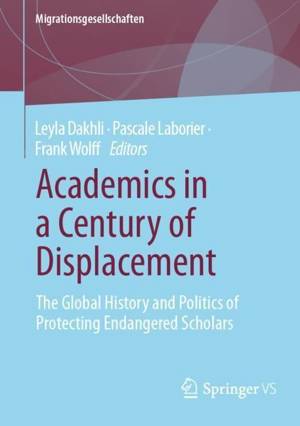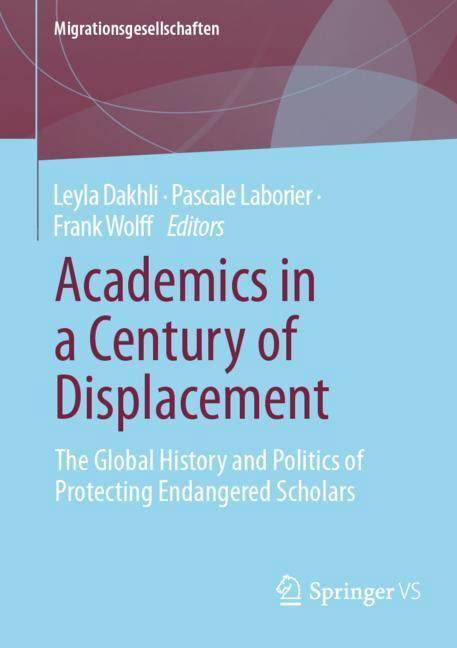
- Afhalen na 1 uur in een winkel met voorraad
- Gratis thuislevering in België
- Ruim aanbod met 7 miljoen producten
- Afhalen na 1 uur in een winkel met voorraad
- Gratis thuislevering in België
- Ruim aanbod met 7 miljoen producten
Academics in a Century of Displacement
The Global History and Politics of Protecting Endangered Scholars
Omschrijving
'Endangered scholars' is a recently highly relevant, yet historical notion. Embedded in the greater history of the 20th and 21st centuries, it captures the phenomenon of scholars who, after years of intellectual work and integration in their societies of origin, are forced to seek rescue in foreign host societies. The pressing urgency of the topic thus has an important historical background. From escaping Russian intellectuals after 1917 to the protection of Jewish refugees during World War II, Algerian intellectuals in contemporary history, or persecuted academics from Turkey today: Over the course of about a century, categories of inclusion, transnational relations, and forms of agency of scholars at risk remained surprisingly stable (and hence diachronously and synchronously comparable) while they also adjusted flexibly to contemporary conditions. This collective volume carves out this historical development and its recent expressions. It brings together researchers in a vivid yet largely unconnected field of migration and refugee studies. By developing a complex image of the origin of the global history and politics of protecting endangered scholars from the early 20th century until today, the book contributes to research on academics in exile as a part of refugee research, migration studies, the history of higher education, and the contemporary history of societies. The interdisciplinary volume explores the phenomenon as a historical, political and legal subject, brings together scholars of forced migration and intellectual studies, and includes currently affected scholars into those reflections.
Specificaties
Betrokkenen
- Uitgeverij:
Inhoud
- Aantal bladzijden:
- 387
- Taal:
- Engels
- Reeks:
Eigenschappen
- Productcode (EAN):
- 9783658435394
- Verschijningsdatum:
- 27/03/2024
- Uitvoering:
- Paperback
- Formaat:
- Trade paperback (VS)
- Afmetingen:
- 148 mm x 210 mm
- Gewicht:
- 471 g

Alleen bij Standaard Boekhandel
Beoordelingen
We publiceren alleen reviews die voldoen aan de voorwaarden voor reviews. Bekijk onze voorwaarden voor reviews.











